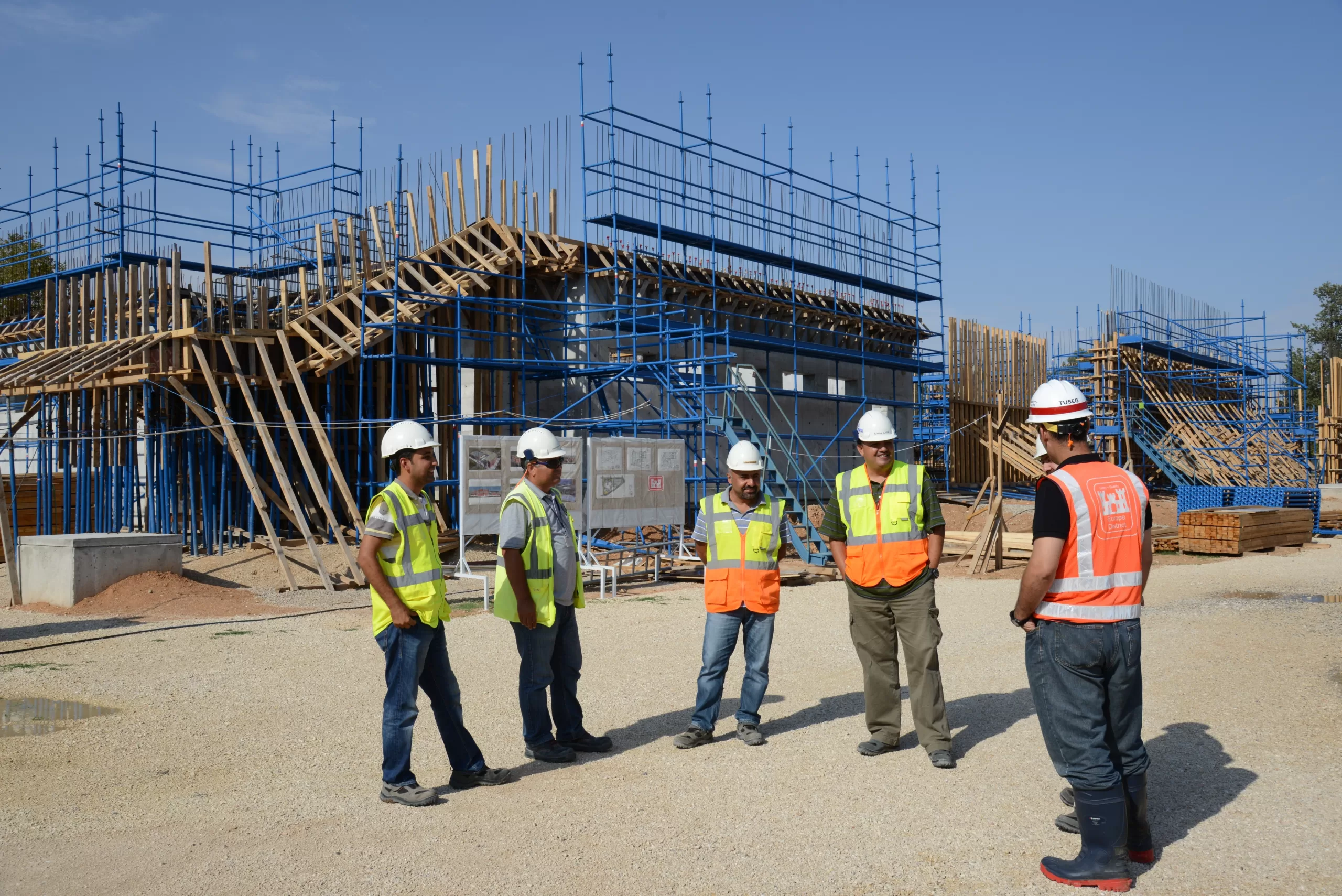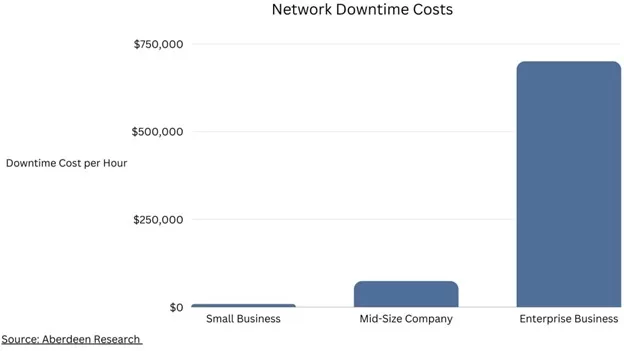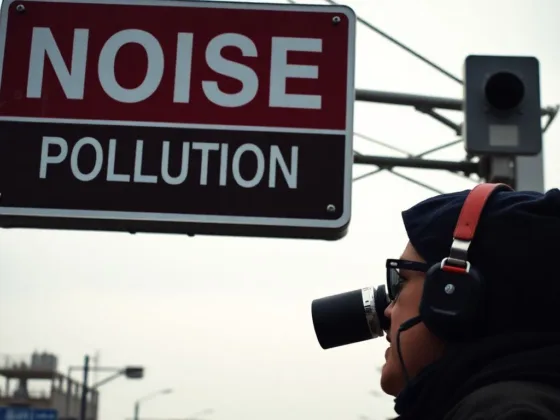If you’re planning to start your own construction company, you might think your operations are quite simple: just complete the project on time according to the client’s specifications.
But underneath this easy statement is a whole host of other operations and processes.

A construction company’s most important resource is its workers: without them, there’s no one to build the structure, after all! That’s why construction companies should have a qualified HR department to manage their employees, ensuring that workers are safe and satisfied with their working conditions.
Here are the top five HR activities that guarantee a construction company’s continued success.
1. Workplace Safety
For a construction company, HR’s most important activity is likely maintaining workplace safety and OSHA compliance.
In other words, it protects the company’s workers from harm and protects the company from legal litigation by overseeing agencies.
Unlike an office job, construction workers are at quite a high risk of injury, whether it be from slips and falls, mishandling equipment, accidental cuts, or other mishaps.
It’s HR’s job to provide PPE for each employee and oversee that the site meets the proper code for things like exits and evacuation, fire safety, and scaffolding.
It may also be useful to check local regulations, as some states have their own guidelines that replace OSHA compliance for their unique environment.
For example, if you do construction in southern California, it becomes much more important to make sure that your workplace is safe from potential earthquake or wildfire hazards.
Each construction job and site is different, so HR has its work cut out for it by identifying unique hazards, implementing safety procedures for each one, and educating employees on how to follow those procedures.
But done right, HR ensures that everyone at the construction site is well-cared for and protected from potential injury.
2. Worker’s Compensation
Related to maintaining workplace safety is HR’s role in administrating the construction company’s workplace compensation insurance, or worker’s comp.
It’s HR’s job to weigh different insurance policies, choose the one most suited for the company’s risks and activities, and manage any claims made by employees.
Read Also :
In the nigh-inevitable case of a workplace injury, the HR department is responsible for logging the incident, handling claims and investigations, and serving as an intermediary between the construction company, insurance office, and state worker’s comp office.
If a company doesn’t have a worker’s compensation plan in place, it may be liable to hefty lawsuits if the injured employee or their family decides to sue the company for damages.
By carefully selecting a suitable worker’s comp package, HR guarantees that injured employees receive the level of care necessary so they can come back to the workplace as soon as possible and that the company won’t face any unexpected pitfalls of its own.
3. Acquisition and Retention
HR departments in construction companies must take special care to accurately forecast each project’s manpower requirements and hire enough workers so that the company can complete each project on time.
Unlike repetitive jobs or desk jobs, construction jobs, with all of their physical rigor and individualized projects, are quite impervious to other industries’ shifts toward machine automation.
In other words, construction jobs can’t be replaced by machines – it becomes even more important than ever for HR to quickly source, interview, hire, and onboard the correct number of qualified workers.
Then, especially with more unique construction fields, your workers will build unique skills and expertise in your field the longer they’re employed.
Through appealing workplace benefits and compensation packages, HR can take preventative measures against employees quitting, building a skilled and satisfied workforce over time.
4. Payment and Compensation
Unlike other companies that might only hire full-time salaried employees, a construction company is more likely to need several types of workers: contractors, part-timers, hourly employees, and full-time employees.
It’s up to HR employees to keep all these unique roles straight and ensure they’re paid according to their contracts.
For each job title and employee, HR must calculate the salary owed to workers, the deductions withheld from each paycheck, and the amount of tax to be paid to the federal, state, and local governments.
Your construction company might also choose to offer and manage other nonmonetary benefits, such as transportation, health insurance, sick leave, and vacation days.
With all of these different payment schedules and structures flying around, it can be difficult for HR managers to keep all the details straight by hand.
If your construction company manages several types of employees, you should click here to find guides on payroll software, which can help you automate the payroll process.
With payroll software, your payrolls will be run quickly and accurately every time with just the touch of a button!
5. Union Communications
Finally, despite union membership falling in recent years, construction is still a prominent industry for unionization, with about 1.076 million employees in the construction industry represented by a union in 2022, according to the US Bureau of Labor Statistics.
If your construction workers take issue with your company’s workplace conditions, hiring procedures, payment, benefits, or other employee-related procedures, they may choose to join or form a construction union to collectively bargain for better benefits.
As the ones responsible for these benefits and operations, it’s HR’s job to know their state’s labor laws, negotiate wages and benefits, and ultimately strike a deal suitable for both parties.
Without a firm understanding of union procedures and negotiation strategies, a company might find itself on the back foot when faced with a union, and end up conceding more than it can afford.
Conclusion
A construction company is only as strong as its workers, and it’s the responsibility of the HR department to find, retain, and manage the best employees for the job.
The top HR functions for a construction company are maintaining workplace safety, managing worker’s compensation, acquiring and retaining employees, administering payment and compensation, and handling union communications.
By skillfully managing the company’s employees, the HR department can protect and nurture a construction company’s most valuable resource, maintaining a safe and happy workplace environment for all.









